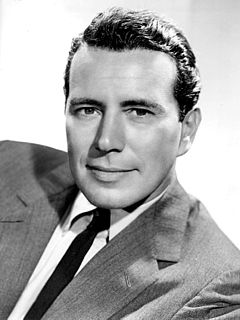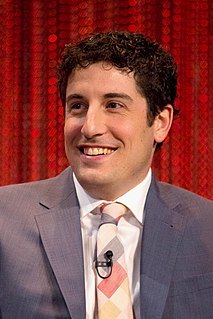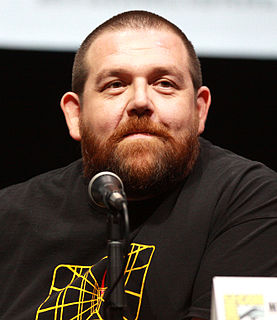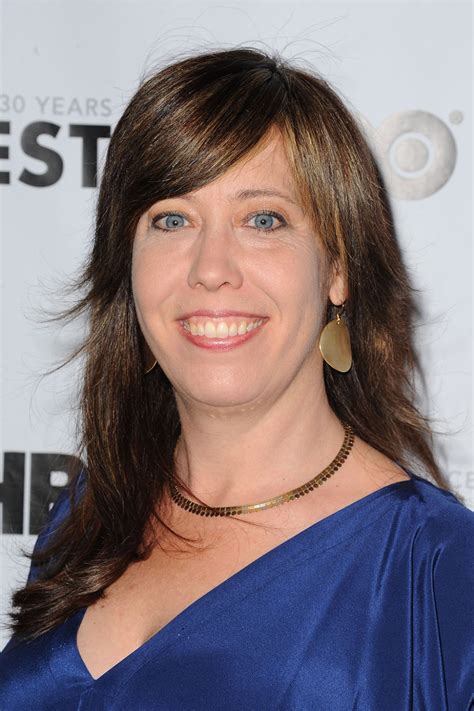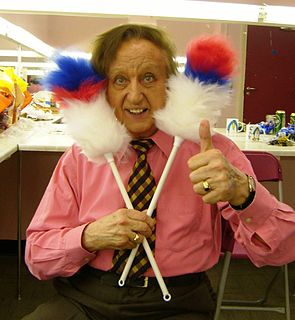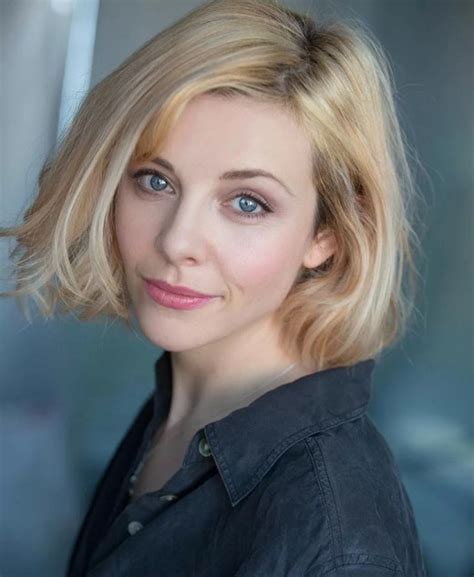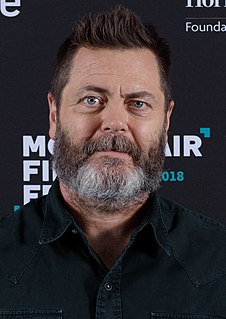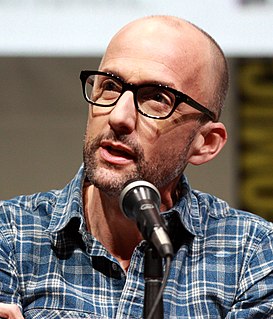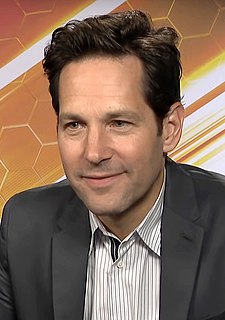A Quote by John Forsythe
You can say things in a comedy that you never can say in a drama.
Related Quotes
I'd like to do more dramatic roles but I would never give up comedy to do it. I've seen a lot of actors that do a complete 180 degrees and say: "I'm done with comedy, I want to be taken seriously." I take my comedy very seriously and I want to be taken seriously because of my comedy. I think it's more fun for me. I enjoy laughing and attempting to make people laugh. So I'd like to do more drama but I'd never do the 180 thing.
I wouldn't say I'm personally trying to transition from comedy into drama. I don't look at things like, 'Oh, I need to do a drama now.' I get a lot of material sent to me, and if I feel like something has the creative integrity and the right director and the right whoever involved, the right actors and is a great story, then I do it.
[In comedy] you never want to leave the actors hanging out to dry. So you need to come up with funny individual stories for each character, and then you do this sort of comedy geometry, weaving them together. Once you've got a funny structure and you know why the scenes are funny, then you get super funny people to say your own lines, say their own lines, say things in their own way, and every scene is a live rewrite in front of the camera.
Having written both comedy and drama, comedy's harder because the fear of failure's so much stronger. When you write a scene and you see it cut together, and it doesn't make you laugh, it hurts in a way that failed drama doesn't. Failed drama, it's all, 'That's not that compelling,' but failed comedy just lays there.
